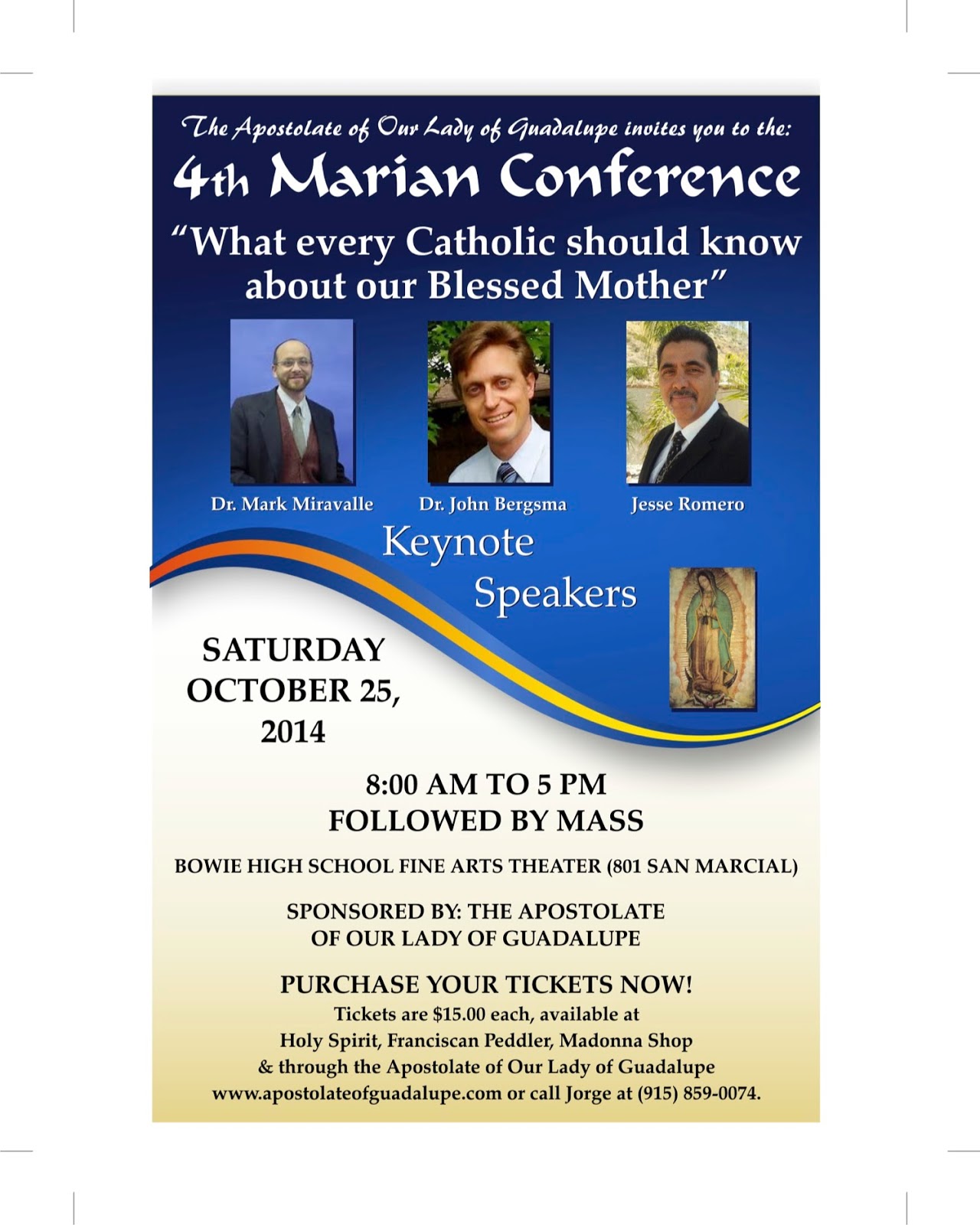In my class Philosophy and Biblical Interpretation, I had the privilege of introducing our first quarter MA students in biblical theology to Cardinal Ratzinger's (Benedict XVI) Erasmus Lecture (January 27, 1988). Among the many remarkable features of this lecture, one section stands out in my mind for its definitive relevance for the future of exegesis and theology.

After broadly discussing the basis for Dibelius's and Butltmann's exegetical method, Ratzinger then continues:
"But I think we must go a step further in order to appreciate the fundamental decision of the system which generated these particular categories for judgment (i.e., of Dibelius and Bultmann). The real philosophic presupposition of the whole system seems to me to lie in the philosophic turning point proposed by Immanuel Kant.
According to him, the voice of being-in-itself cannot be heard by human beings. Man can hear it only indirectly in the postulates of practical reason, which have remained, as it were, the small opening through which he can make contact with the real, that is, his eternal destiny. For the rest, as far as the content of his intellectual life is concerned, he must limit himself to the realm of the categories.
Thence comes the restriction to the positive, to the empirical, to the "exact" science, which by definition excludes the appearance of what is "wholly other," or the one who is wholly other, or a new initiative from another plane.
In theological terms, this means that revelation must recede into the pure formality of the eschatological stance, which corresponds to the Kantian split. As far as everything else is concerned, it all needs to be "explained."
What might otherwise seem like a direct proclamation of the divine can only be myth, whose laws of development can be discovered. It is with this basic conviction that Bultmann, with the majority of modern exegetes, read the Bible.
He is certain that it cannot be the way it is depicted in the Bible, and he looks for methods to prove the way it really had to be. To that extent there lies in modern exegesis a reduction of history into philosophy, a revision of history by means of philosophy.
The real question before us then is, can one read the Bible any other way? Or perhaps better, must one agree with the philosophy which requires this kind of reading?
At its core, the debate about modern exegesis is not a dispute among historians: it is rather a philosophical debate. Only in this way can it be carried on correctly. Otherwise it is like swordplay in a mist.
The exegetical problem is identical in the main with the struggle for the foundations of our time. Such a struggle cannot be conducted casually, nor can it be won with a few suggestions. It will demand, as I have already intimated, the attentive and critical commitment of an entire generation."







.jpg)




